Sudan in a week: Ayin News Bulletin #9
20 November 2025
To keep our readers informed of the multitude of events taking place in Sudan amidst the ongoing, devastating war, we have developed a series of weekly news briefs, covering nine major topics of the week.
In this week’s edition:
- Fierce battles escalate across Kordofan
- UAE detentions of Sudanese activists labeled “enforced disappearance”
- Thirty-two women raped fleeing El Fasher, medical network warns
- Port Sudan rejects UN investigation into El Fasher abuses
- Community kitchens shut down at Uganda refugee camp, leaving 10,000 at risk
- Lawyer defending detained historian survives assassination attempt
- Companies withdraw from Heglig oil field after drone strike
- Arrest campaign targets activists opposing toxic gold mining in South Kordofan
- Forced salary deductions to support the army spark outrage in White Nile
- Over 100,000 displaced from El Fasher amid dire humanitarian warnings
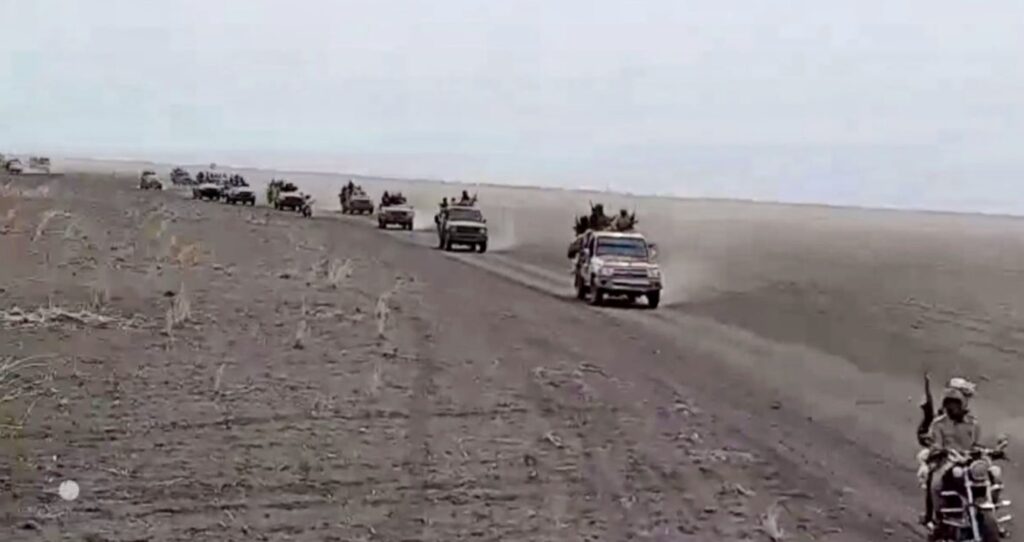 1. Fierce battles escalate across Kordofan
1. Fierce battles escalate across Kordofan
Fighting between the Sudanese army and the Rapid Support Forces (RSF) has intensified across Kordofan, marking some of the fiercest confrontations since the war began. Over the past week, clashes have erupted on multiple fronts as both sides race to secure control of strategic areas in the region.
In West Kordofan, the RSF tightened its siege on the army’s 22nd Infantry Division in Babanusa, forcing battles into the vicinity of the division’s headquarters, the last remaining army position in the city. A field source told Ayin that RSF fighters launched a three-pronged assault on Sunday and briefly breached the division’s walls before withdrawing under heavy resistance.
Meanwhile, North Kordofan has witnessed violent clashes following successive offensives by the army and allied groups. On Saturday, army units stormed the towns of Kazgil and Umm Dam Haj Ahmed, only for the RSF to retake both areas within hours.
Fighting resumed Monday when the army and allied factions launched simultaneous assaults on Bara and the Um Sayala area. While forces briefly entered Um Sayala, the RSF mounted a counter-attack and regained the area, wounding Sudan Shield Forces commander Abu Aqla Kikel, according to a Tuesday statement.
A military source told Ayin that a parallel attempt to advance on Bara was repelled outside the city, forcing army units to retreat toward El-Obeid. RSF fighters later circulated videos showing destroyed military equipment and bodies they claimed belonged to army-aligned units.
The RSF declared a “resounding victory” in Um Sayala, claiming to have eliminated an entire mobile force and pursued fleeing soldiers into White Nile State. The army and its allies have not publicly commented on the losses.
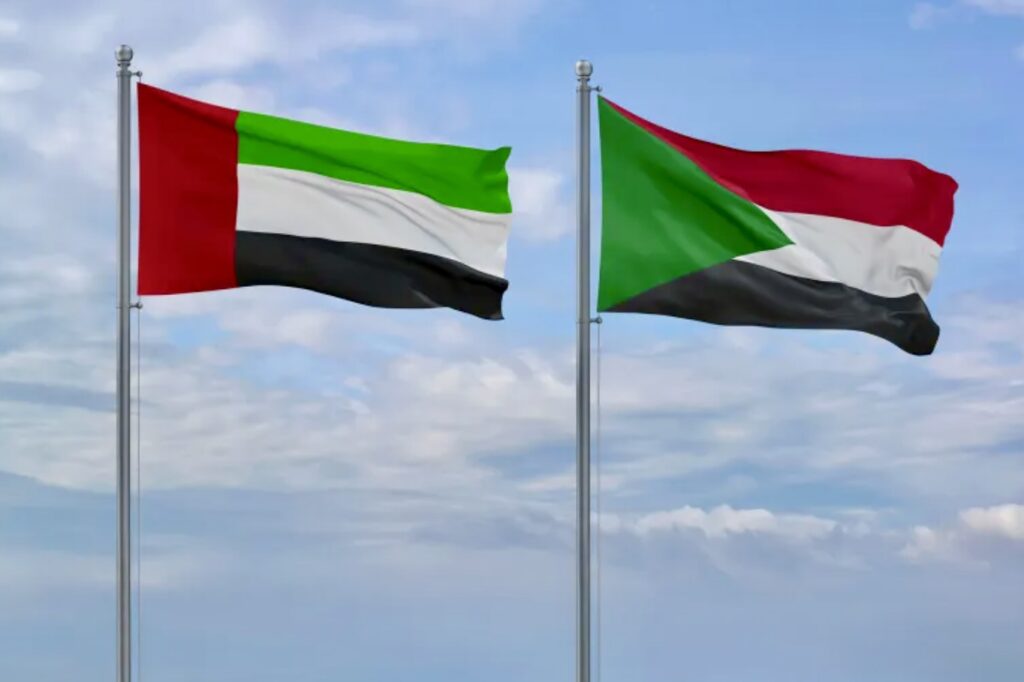 2. UAE detentions of Sudanese activists labeled “enforced disappearance”
2. UAE detentions of Sudanese activists labeled “enforced disappearance”
Human rights lawyers say Sudanese activists living in the United Arab Emirates (UAE) are being detained without charge, describing the arrests as arbitrary and amounting to an “enforced disappearance”. A lawyer following dozens of cases told Ayin that detainees’ names cannot be disclosed due to security risks.
According to the lawyer, UAE authorities have arrested Sudanese nationals through phone surveillance and social-media monitoring. The Central Al-Salha Resistance Committees in Omdurman confirmed that their spokesman, Nader Meryoud, was detained inside the UAE on 16 November after seeking refuge there during the war.
The committee said the arrest came hours after it published a statement criticising the UAE’s alleged support for the RSF, which has been accused of mass atrocities in El Fasher, Bara, and other areas. Prominent Sudanese politician Mohamed Farouk Suleiman has also been detained in the UAE since January 2025, with no explanation of charges.
Sudanese army commanders accuse Abu Dhabi of funding and arming the RSF, led by General Mohamed Hamdan Dagalo (Hemedti). The UAE denies the allegations, accusing Sudan’s army of prolonging the war and seeking Islamist support.
Human rights activist Mohamed Khaled told Ayin that Sudanese authorities in Port Sudan are failing to press the UAE for answers, leaving activists vulnerable to prolonged detention or deportation. He described the situation as a combination of intimidation by UAE security and neglect by Sudan’s interim authorities.
Khaled said many detainees fear being forcibly returned to Sudan through Port Sudan airport, where they could face further reprisals.
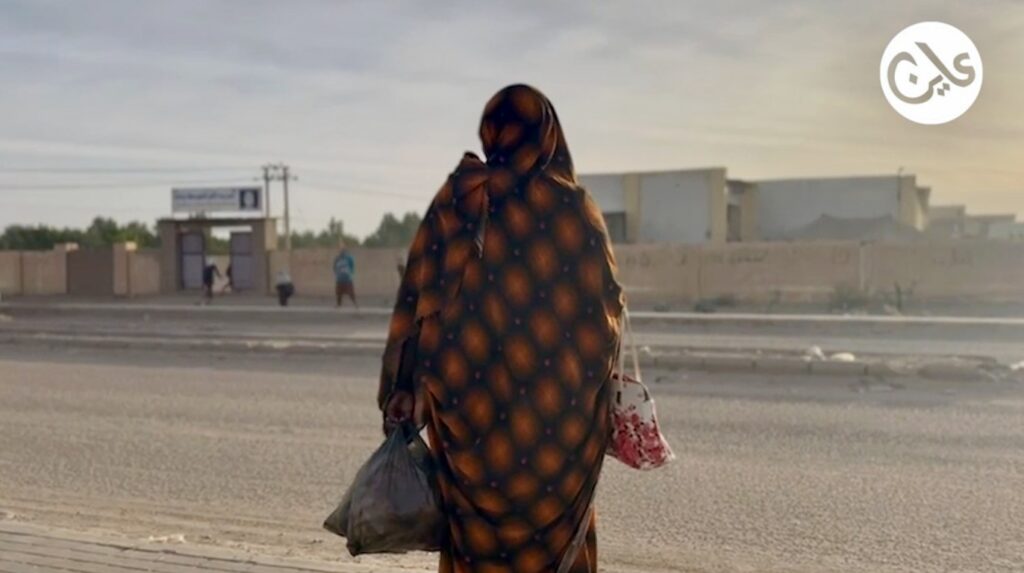 3. Thirty-two women raped fleeing El Fasher, medical network warns
3. Thirty-two women raped fleeing El Fasher, medical network warns
The Sudanese Doctors Network has documented 32 confirmed cases of rape involving girls who fled El Fasher for Tawila within a single week. According to the network, some attacks occurred inside El Fasher after RSF forces stormed the city on October 26, while others took place during escape attempts.
The network asserted that the assaults represent severe breaches of international humanitarian law, equating to war crimes and crimes against mankind. It warned that the pattern reflects systematic targeting of women and girls in RSF-controlled areas, where protection mechanisms have collapsed.
The group held the RSF fully responsible for the attacks and called for urgent international intervention. It urged an independent investigation, immediate protection for survivors and witnesses, and unhindered access for medical and humanitarian agencies.
The UN Human Rights Council on November 14 approved creating a fact-finding mission to investigate alleged violations in El Fasher, including sexual violence and unlawful killings. The mission will document evidence for potential future accountability mechanisms.
Humanitarian groups say the number of unreported cases is likely far higher due to fear, stigma, and restricted access to medical services.
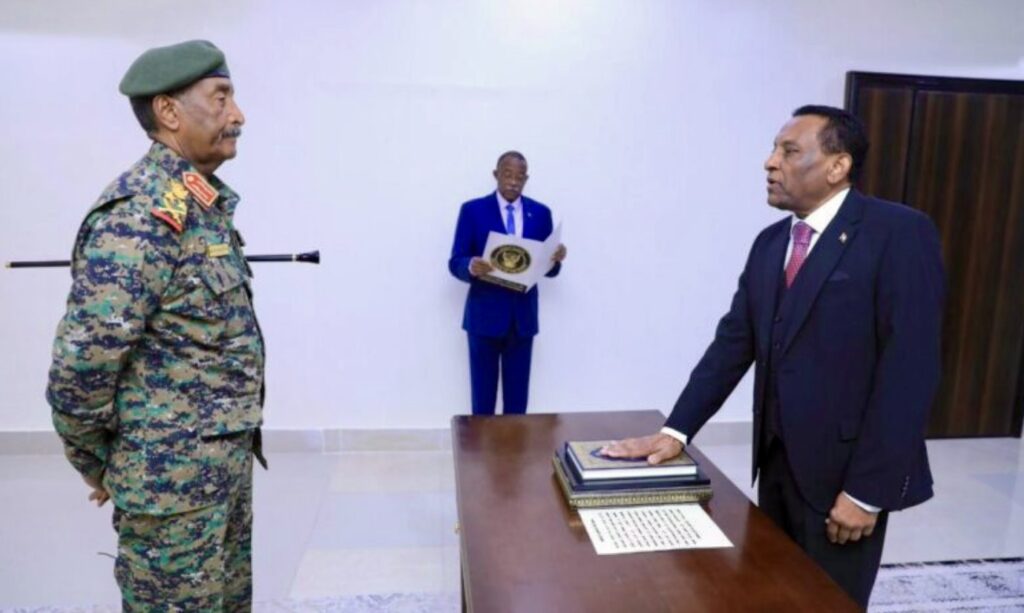 4. Port Sudan rejects UN investigation into El Fasher abuses
4. Port Sudan rejects UN investigation into El Fasher abuses
Sudan’s army-aligned government in Port Sudan has formally rejected a UN Human Rights Council decision to deploy a fact-finding mission to El Fasher, where widespread violations have been reported since the city fell to the RSF on October 26.
Human rights defender Ahmed Osman told Ayin that military leaders fear the mission will expose them to international prosecution if investigators access victims inside Sudan. He noted that the army has consistently refused to cooperate with the mission since its creation in October 2023.
Osman added that the UN inquiry previously gathered testimonies from Sudanese refugees in neighbouring countries, but they had been blocked from entering Sudan. The army is also reportedly concerned about the UN’s ongoing interest in alleged chemical-weapons use in Khartoum.
Sudan’s representative in Geneva argued that national mechanisms are sufficient to investigate abuses, and he opposed clauses authorising an international mission. The Foreign Ministry echoed this position, citing existing domestic and UN structures.
The RSF welcomed the mission, which analysts say reflects its attempt to engage with international actors independently of the Port Sudan government. Rights groups note that the government refused mission entry three times in 2024.
UN investigators are now expected to gather testimonies from survivors outside Sudan, using remote methods common in conflict zones.
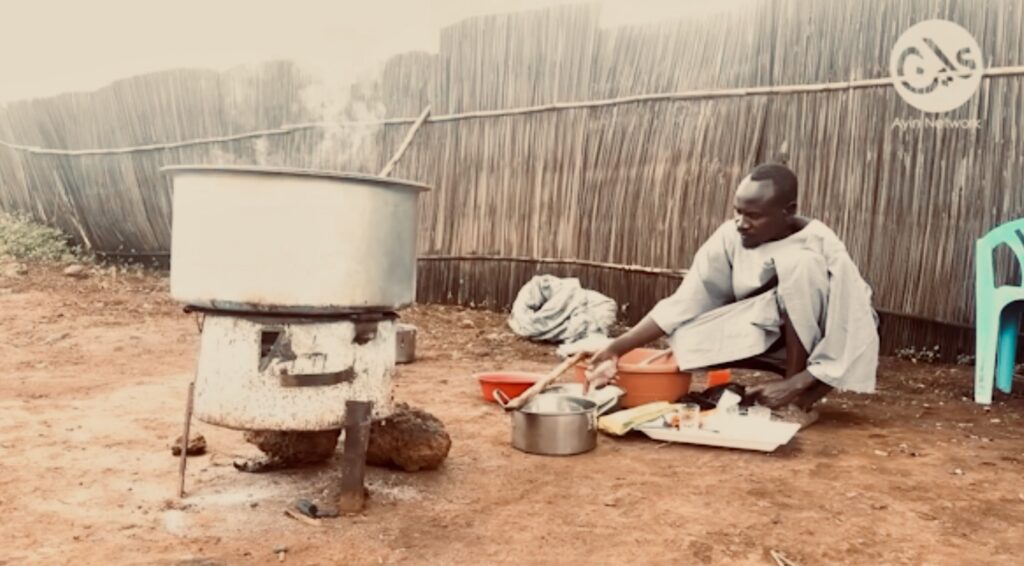 5. Community kitchens shut down at Uganda refugee camp, leaving 10,000 at risk
5. Community kitchens shut down at Uganda refugee camp, leaving 10,000 at risk
Nearly 10,000 Sudanese refugees in northern Uganda face acute hunger after volunteer-run community kitchens were forced to shut down due to funding shortages. The kitchens had served as a lifeline for residents of a camp hosting around 70,000 Sudanese.
A volunteer coordinator told Ayin that the World Food Programme reduced cash-assistance programmes to “zero” in May 2025, leaving refugees increasingly dependent on the kitchens. Recent economic hardship has deepened demand for free meals, but donations have dwindled.
The civilian coalition “Somoud,” led by former prime minister Abdalla Hamdok, urged international agencies to restore funding and prevent a humanitarian emergency. The coalition thanked Uganda for hosting tens of thousands of Sudanese since the war’s outbreak.
Around 100,000 Sudanese refugees have fled to Uganda, many living in extreme poverty in remote settlements. Tensions flared in July 2025 when South Sudanese refugees attacked Sudanese residents, killing one and injuring several.
Humanitarian worker Rashid Mohammed said UN agencies have “completely abandoned” Sudanese refugees in the region. He warned that thousands of children, elderly people, and the chronically ill face worsening malnutrition and called for third-country resettlement or sustained humanitarian support.
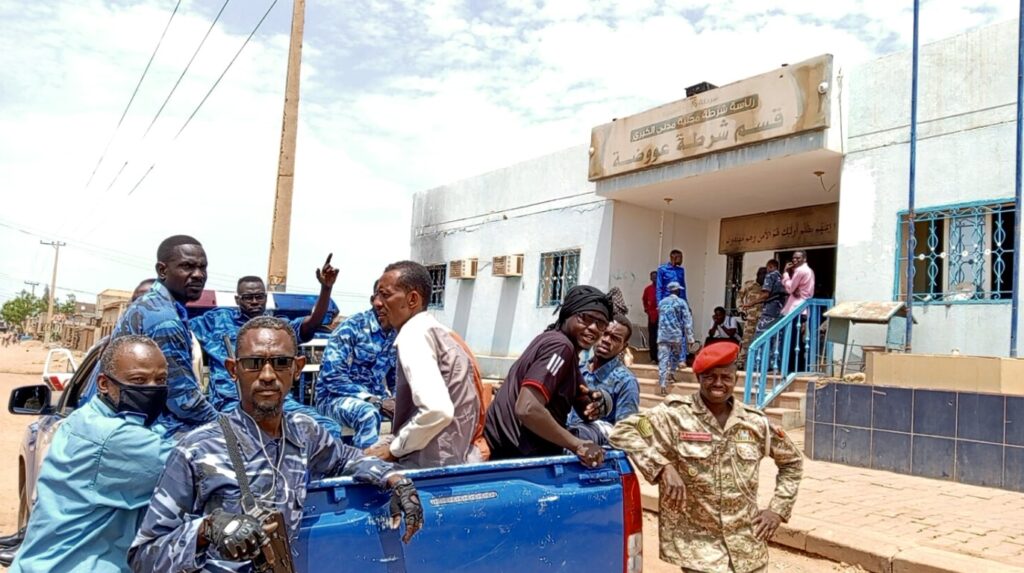 6. Lawyer defending detained historian survives assassination attempt
6. Lawyer defending detained historian survives assassination attempt
A lawyer representing Sudanese historian Khalid Bahiri narrowly survived an assassination attempt in Wad Medani after being struck by a speeding vehicle. Advocate Maria Suleiman volunteered to defend Bahiri, who has been under detention by army intelligence for 10 months.
Bahiri’s son, Mohammed, told Ayin the attack occurred two days before his father’s fourth court hearing. He accused the perpetrators of attempting to intimidate Suleiman after she challenged the prosecution’s allegations of RSF collaboration.
Bahiri was abducted from his home in January 2025, forcibly disappeared for three months, and later moved between detention sites before being brought to trial. Mohammed said the prosecution has produced no evidence linking his father to the RSF.
Instead, the only witness—a Sudan Shield Forces member—testified that Bahiri was engaged solely in humanitarian work during RSF control of the city. The prosecution has repeatedly requested postponements, which the family says are attempts to prolong his detention.
Bahiri, 70, suffers from chronic illnesses, and his family is demanding his immediate release, describing the case as politically motivated retaliation.
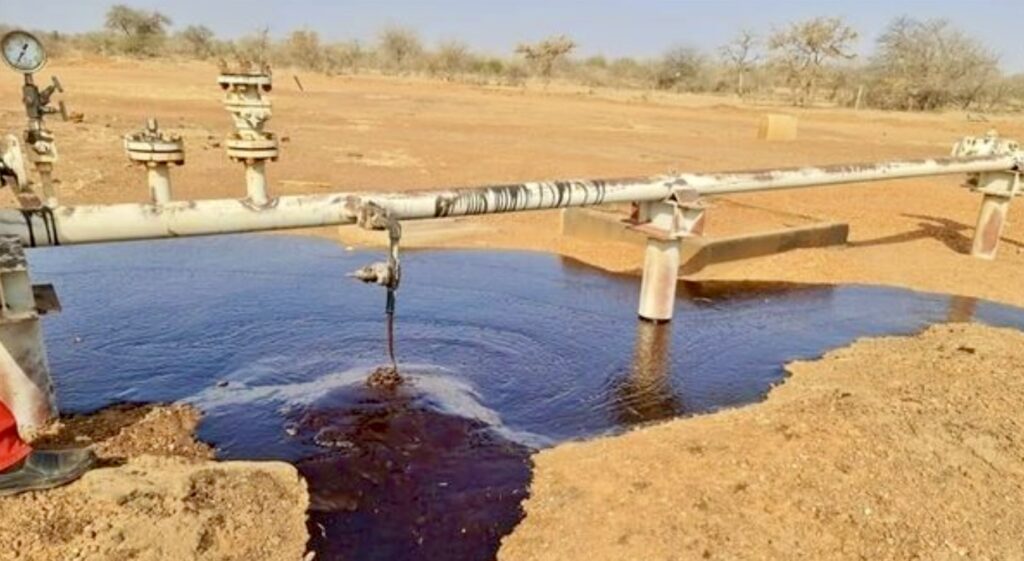 7. Companies withdraw from Heglig oil field after drone strike
7. Companies withdraw from Heglig oil field after drone strike
Companies operating in the Heglig oil field in West Kordofan have withdrawn staff and halted operations after a drone strike last Thursday killed and injured workers. The RSF is accused of carrying out the attack.
A field worker told Ayin that facilities processing Sudanese and South Sudanese crude had been fully shut down, and personnel had evacuated through South Sudan. He said companies had been preparing for withdrawal for months due to persistent threats.
The shutdown included South Sudan’s central processing unit, effectively halting its oil exports—an economic blow to a country heavily reliant on oil revenue. Observers warn this could deepen South Sudan’s fiscal crisis.
Petrolines Crude Oil Limited (PETCO) confirmed that three missiles struck its workshop and laboratory, causing severe damage. The company declared force majeure, noting it could no longer meet contractual obligations.
Heglig is guarded by the army’s 90th Brigade, one of the few remaining military positions in West Kordofan, where most towns are now under RSF control alongside nearby Babanusa.
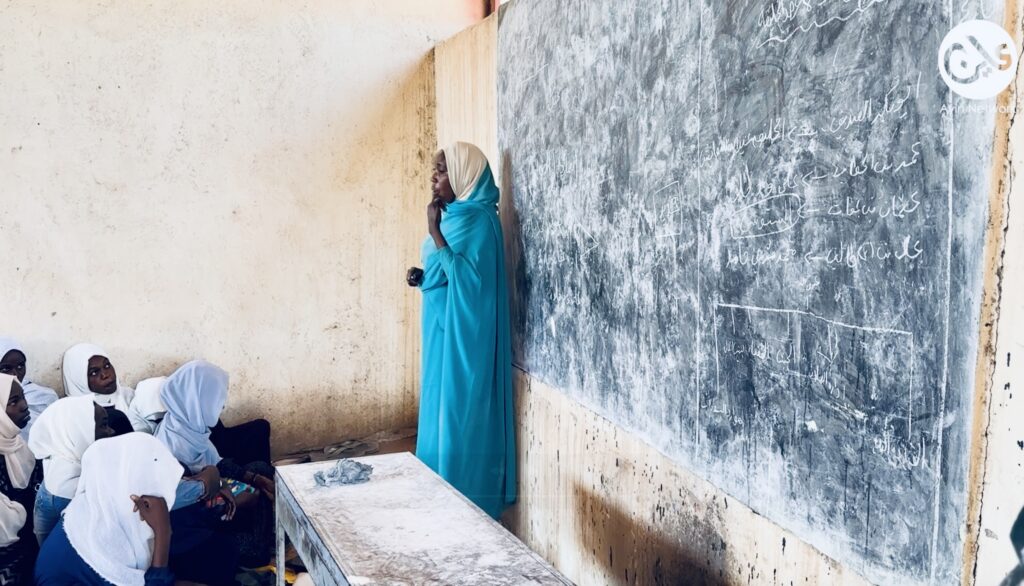 9. Forced salary deductions to support the army spark outrage in White Nile
9. Forced salary deductions to support the army spark outrage in White Nile
Teachers and government workers in White Nile State say they are being forced to surrender part of their October salaries to support the Sudanese army, sparking widespread anger. A document obtained by Ayin shows mandated deductions of 5,000 SDG from employees and 3,000 SDG from workers.
Teachers, who describe their salaries as “catastrophic”, say the deductions worsen already dire living conditions. Several teachers informed Ayin that security actors respond to their objections with threats, fostering an environment of intimidation.
The Sudanese Teachers Committee condemned the move as a “crime”, saying the unions imposing the deductions have no electoral legitimacy and exist mainly to enforce levies. It noted that teachers in many states face salary arrears of up to two years and have lost allowances since the war began.
The committee demanded an immediate halt to deductions, enforcement of laws prohibiting salary cuts without court orders, and payment of 14 months’ outstanding wages. It also urged reinstating allowances removed during the conflict.
Labour groups warn that continued coercive levies may further destabilise the education sector, which is already weakened by mass displacement and economic collapse.
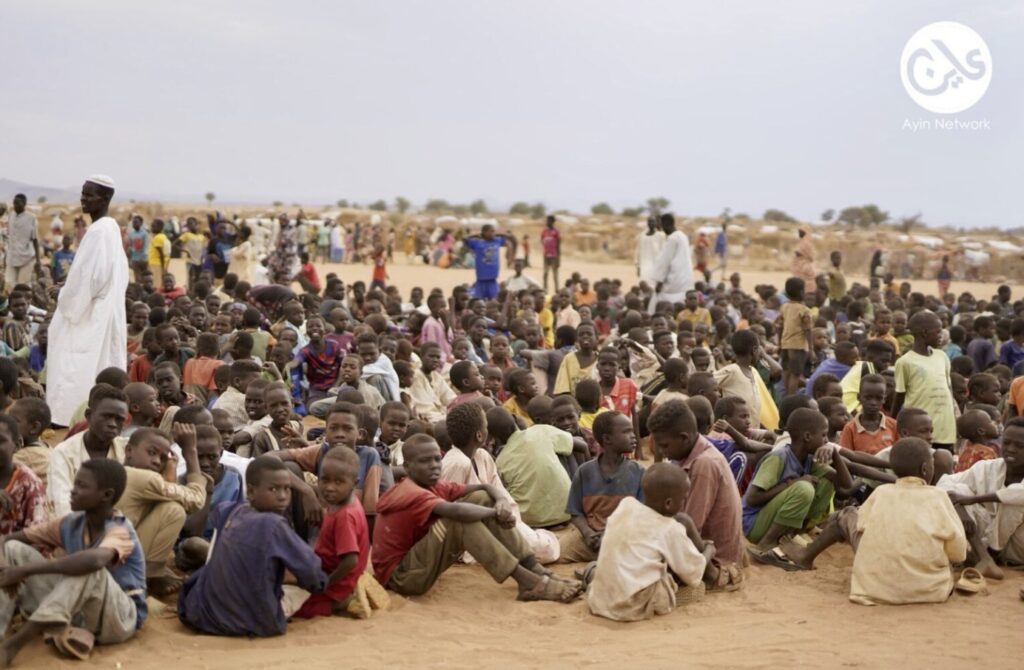 10. Over 100,000 displaced from El Fasher amid dire humanitarian warnings
10. Over 100,000 displaced from El Fasher amid dire humanitarian warnings
More than 100,000 people have fled El Fasher and surrounding areas since the RSF seized the city on October 26, the International Organization for Migration (IOM) reported on November 17. The displacement has spread across 23 districts in nine states, with many escape routes marked by insecurity and violence.
The crisis has compounded a humanitarian catastrophe already unfolding across Darfur. Large numbers of people from Zamzam, Abu Shouk, and other areas have been repeatedly displaced since the war began in April 2023.
IOM chief Amy Pope warned that humanitarian needs have reached “enormous proportions,” with widespread reports of atrocities against civilians. UN agencies say aid operations are nearing collapse due to insecurity, funding shortages, and access restrictions.
On November 14, thousands more displaced families streamed into arid regions, including the town of Golo. UNHCR reported that people fleeing El Fasher were arriving “every hour” in Ad-Dabba, where conditions are severe and resources scarce.
UN humanitarian chief Tom Fletcher described Darfur as “the centre of human suffering in the world” and called El Fasher a “crime scene.” He urged safe corridors for aid delivery, warning that children—who make up more than half of the displaced—are facing profound trauma, hunger, and violence.
Local authorities in Ad-Dabba report more than 40,000 displaced since the war began, with thousands arriving after El Fasher’s fall. Many are sleeping outdoors without food, water, or medicine. UNHCR says many have survived multiple displacements and were robbed or extorted during escape.
Sudan now faces the world’s largest displacement crisis, with nearly 13 million people uprooted inside and outside the country since April 2023. Fighting between the army and RSF continues to trigger mass civilian flight and mounting casualties.


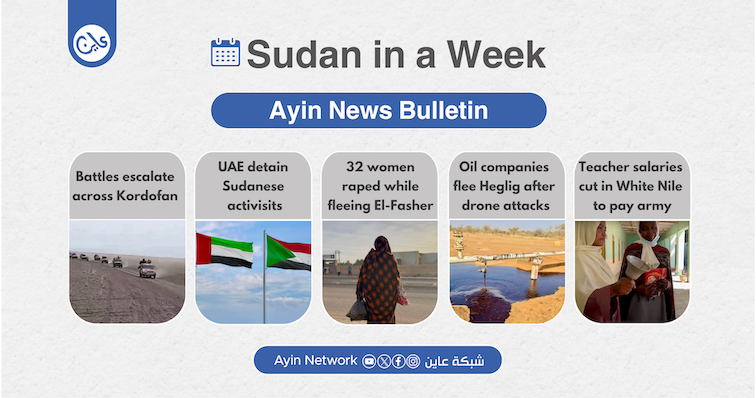
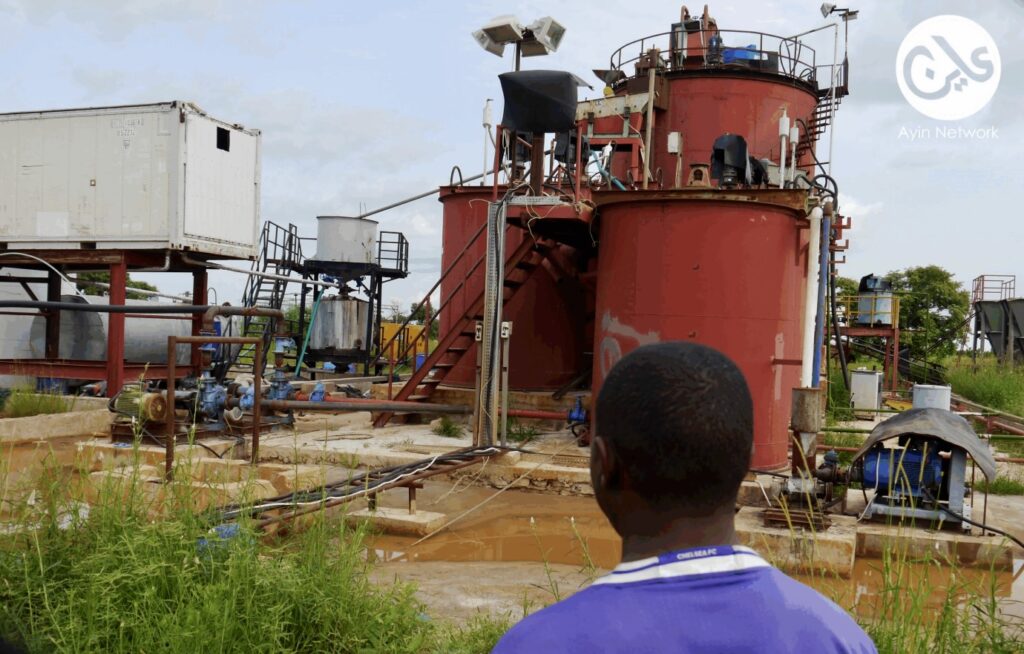 8.
8.